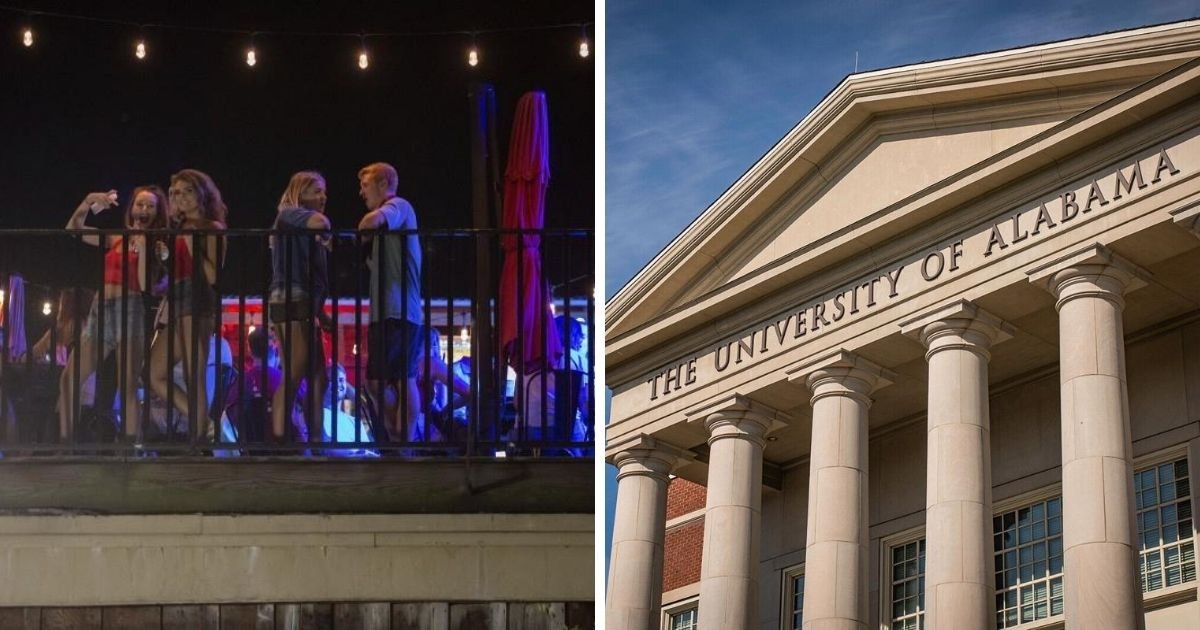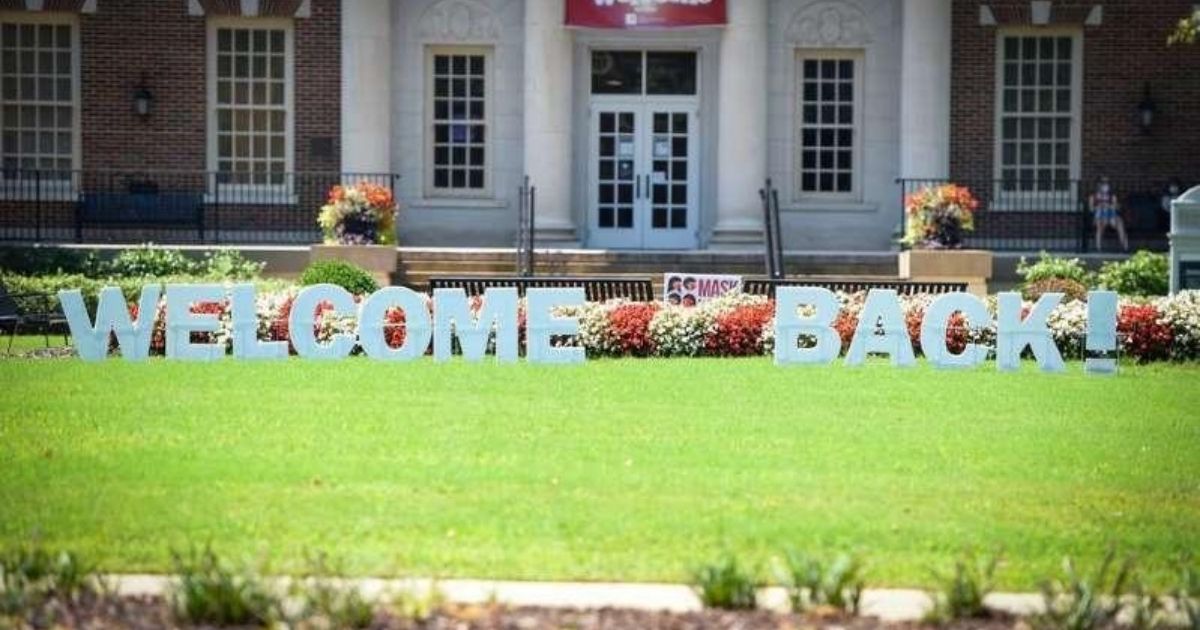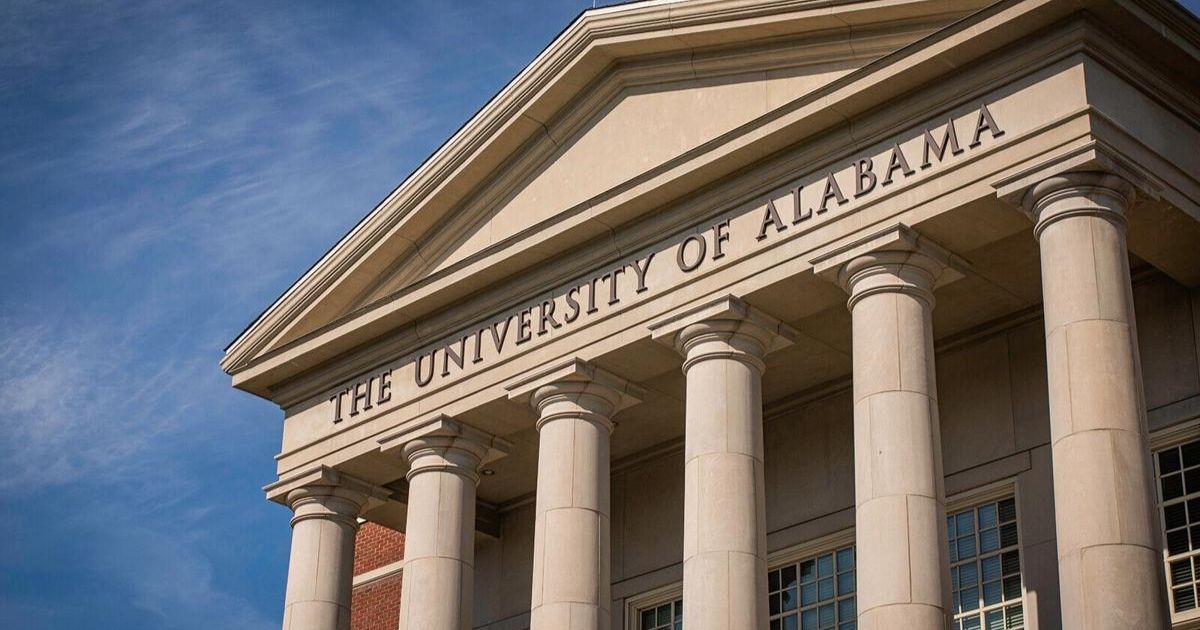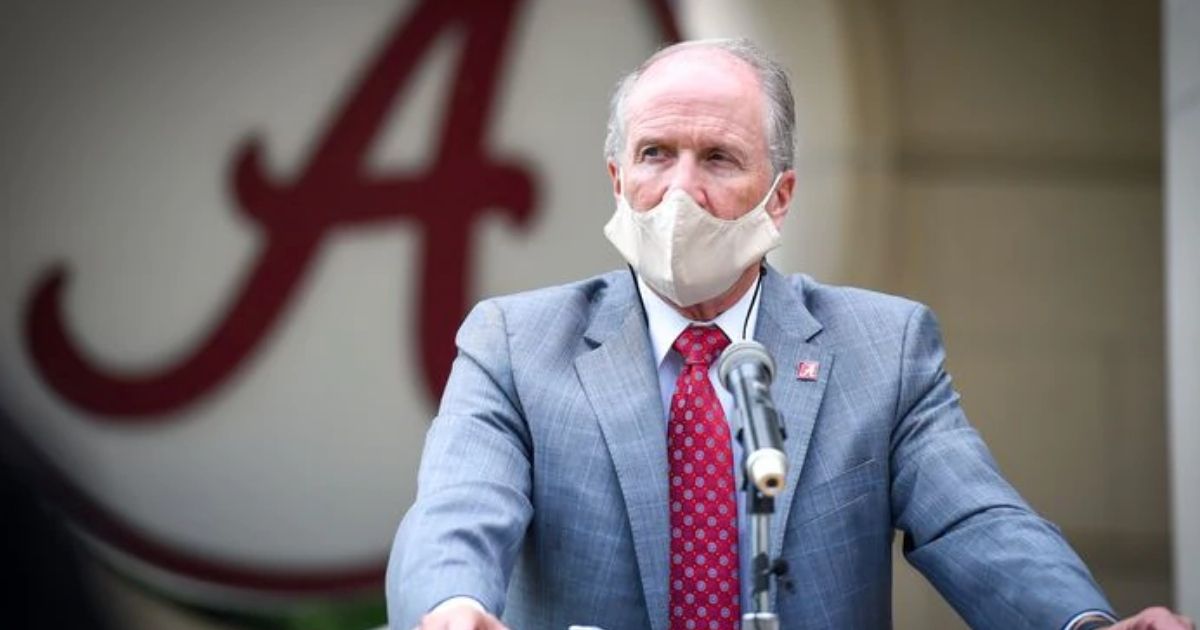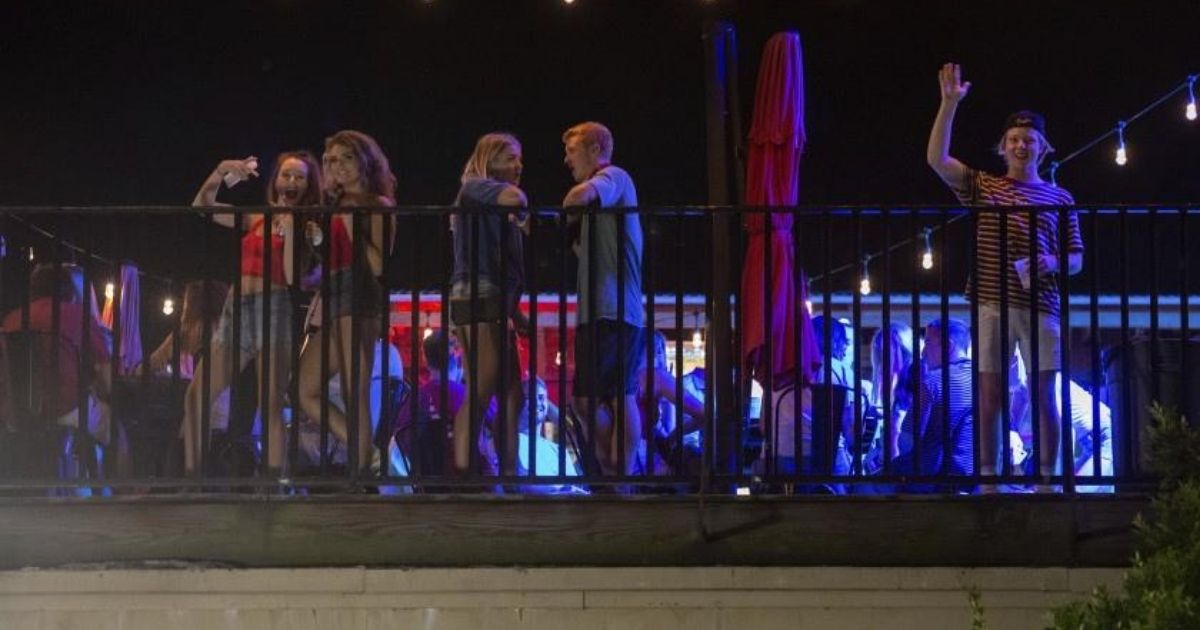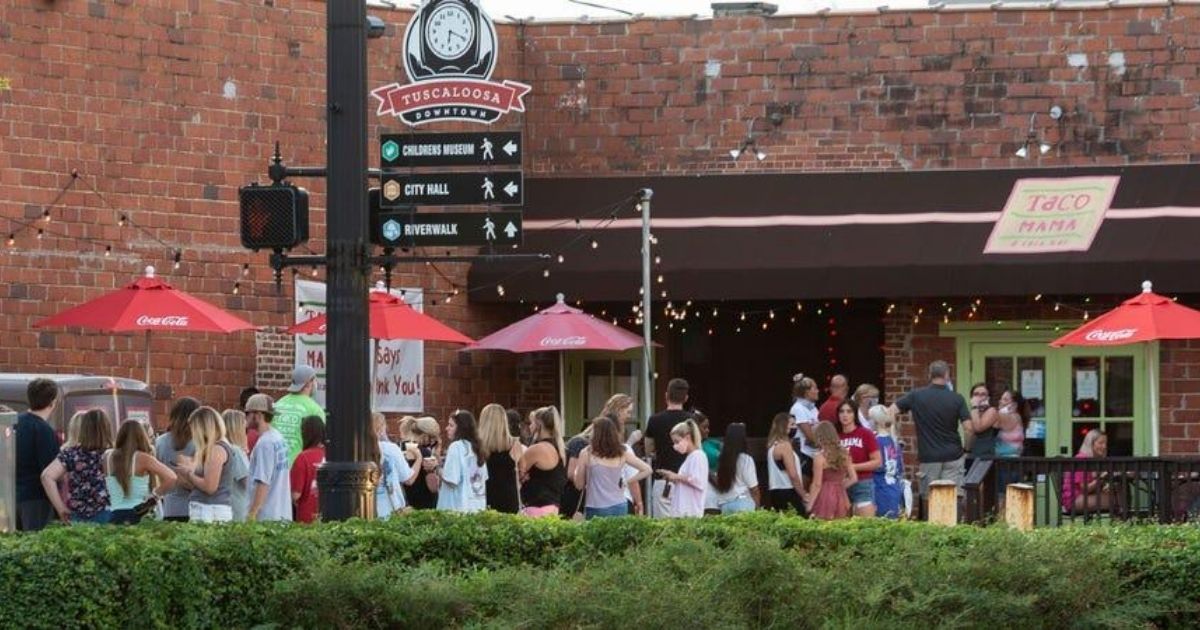Less than a week after classes began, the University of Alabama has experienced an “unacceptable rise” in Covid-19 cases, the university’s president said.
According to the university’s Covid-19 dashboard, the main campus in Tuscaloosa recorded 531 total cases, while the remaining campuses in Huntsville and Birmingham have recorded 35 cases cumulatively.
Additionally, with over 46,150 tests and 566 positive cases, the Covid-19 positivity rate on University of Alabama campuses sits around 1.2%,
Stuart R. Bell, University of Alabama president called on all students, faculty, and staff to work together “at this critical moment” after the unexpected rise in coronavirus cases on campus.
“Completing the fall semester together is our goal,” Bell said Sunday in an email to students. “The margin for error is shrinking.” He urged social distancing, mask-wearing, and limited gatherings. Violators would be subject to possible suspension from school.
Following Bell’s message to students, Tuscaloosa Mayor Walt Maddox ordered all bars in the city to close for two weeks due to the increase in cases.
Earlier this summer, officials in Tuscaloosa accused young people in the city of attending “COVID parties” with the purpose of becoming infected with the coronavirus. The University of Alabama conducted an investigation and said it didn’t identify any students who participated in the parties.
In a CNN report, developmental psychologist Mary Karapetian Alvord said that reopening and abruptly closing campuses sends mixed messages to college students, many of whom were told to leave campus with little warning in March and then again this month. Students may assume since their school reopened that it is safe to resume their normal collegiate activities.
College students also may ignore coronavirus protocols to see friends because of their desire to belong, said Hannah Schacter, assistant professor at Wayne State University who studies adolescent relationships.
Social connections are especially critical for teens and young adults, and the feeling of isolation may be scarier than potential exposure to coronavirus.


